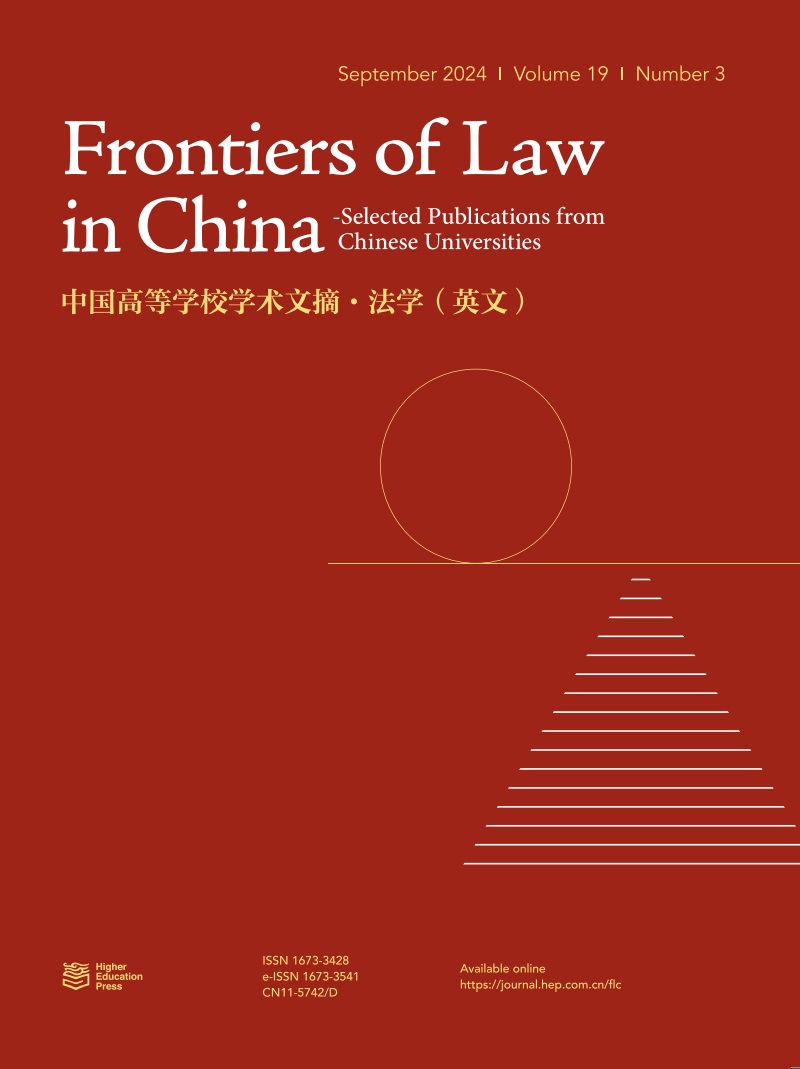了解巴基斯坦1969年《海关法》最新条款的实质
IF 0.1
4区 社会学
Q4 LAW
引用次数: 0
摘要
1969年巴基斯坦颁布了《海关法》,巩固和修订了各种有关海关的法律。货物的估价方法主要有交易价值法、相同货物法、相似货物法、演绎法、计算法和回退法六种。根据该法案第79条,货物申报单由各种文件正式提交,以评估应征收的关税和税款。如果出现误报、不实陈述或错误等情况,第32条将起作用。根据该法案第162条,海关官员必须从司法裁判官处获得搜查令,以收回秘密货物。根据该法案第168条,扣押可没收的物品。第156条订明罪行的范围、违规的性质及罚则。该法第187条规定当事人负有初步举证责任,海关当局可对此予以反驳。裁定的目的包括没收货物、追缴未征收或少征收的关税和其他税款、追缴错误退还的金额和处以罚款。根据该法第181条,可以选择罚款代替没收货物。该法第179条规定了金钱上的裁决权力,同时也有征收者上诉、海关上诉法庭和高等法院形式的上诉论坛。除此之外,该法案第195-C条规定了另一种替代性争议解决机制(ADR)。如果犯了可承认的罪行,根据1989年《刑事诉讼法》,将提出FIR,并由一名特别法官对该罪行作出承认。上诉或修订可向拥有权力的高等法院的法院提出。海关面临的主要挑战是确定与被估价物品有关的已付或应付货物的价值。如果价值不准确,由于海关官员缺乏必要的能力,无法成功解决货物价值问题,并将责任转嫁给收取错误申报的进口商,因此会对进口商和出口商以及清关代理启动漫长的裁决过程,因为该价值适用于征收销售税。所得税和联邦消费税。本文章由计算机程序翻译,如有差异,请以英文原文为准。
Understanding the Nitty-Gritty of Up-to-Date of Pakistan’s Customs Act, 1969
Pakistan’s Customs Act, 1969 was enacted consolidating and amending the various laws on Customs. There are mainly six methods of valuation of goods including transaction value method, identical goods method, similar goods method, deductive methods, computed method and fall back method. Under Section 79 of the Act, Goods Declaration is filed duly supported by various documents for assessment of leviable duty and taxes. In case of misdeclaration, untrue statement or error etc. section 32 comes into play. Search Warrant is to be obtained by the Gazetted Officer of Customs from the Judicial Magistrate to recover the secreted goods under Section 162 of the Act, Seizure of things liable to confiscation is made under Section 168 of the Act. Section 156 provides the scope of offence(s), nature of breach and penalty thereof. Section 187 of the Act fixes initial burden of proof upon the person involved, which may be rebutted by the Customs authorities. The purpose of adjudication includes confiscation of goods, recovery of duty and other taxes not levied or short levied, recovery of erroneously refunded amount and imposition of fine. An option to fine in lieu of confiscation of goods can be given under Section 181 of the Act. The pecuniary power of adjudication is provided under Section 179 of the Act, whereas there are Appellate forums available in the form of Collector Appeals, Customs Appellate Tribunal and High Court. In addition to this, another mechanism under Alternate Dispute Resolution (ADR) is available under Section 195-C of the Act. In case of commission of cognizable offence, a FIR is lodged and a Special Judge takes cognizance of the offence(s) under the Code of Criminal Procedure, 1989. An appeal or Revision can be filed before the Court having the Powers High Court. The main challenge before the Customs is determination of value of goods paid or payable in relation to the item being valued. In case inaccurate value, either it is the business class who suffers or the state’s fiscal interests are jeopardized on account of lack of requisite capacity of the Customs Officer to successfully address the issue of value of goods and pass the buck onto the importer for charging misdeclaration and a lengthy process of adjudication is initiated against the importer and exporter as well as Clearing Agent as this value holds good for the imposition of Sales Tax, Income Tax and Federal Excise duty.
求助全文
通过发布文献求助,成功后即可免费获取论文全文。
去求助
来源期刊

中国法学前沿
LAW-
CiteScore
0.20
自引率
0.00%
发文量
398
期刊介绍:
Frontiers of Law in China seeks to provide a forum for a broad blend of peer-reviewed academic papers of law studies, in order to promote communication and cooperation between jurists in China and abroad. It will reflect the substantial advances that are currently being made in Chinese universities in the field of law. Its coverage includes all main branches of law, such as jurisprudence, constitutional jurisprudence, science of civil and commercial law, science of economic law, science of environmental law, science of intellectual property, science of criminal justice, science of procedural law, science of administrative law, science of international law, science of legal history, science of history of legal thoughts, etc.
 求助内容:
求助内容: 应助结果提醒方式:
应助结果提醒方式:


